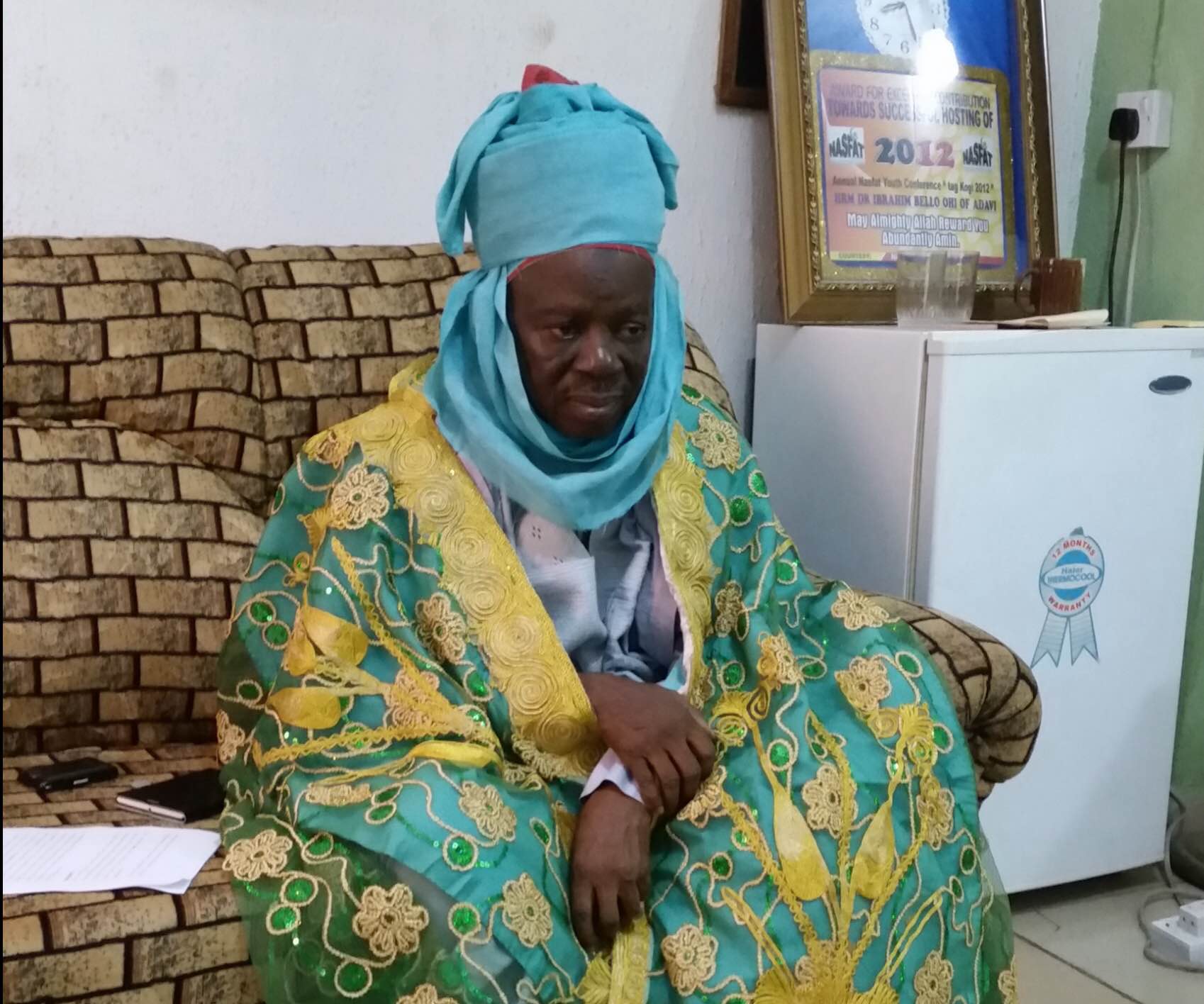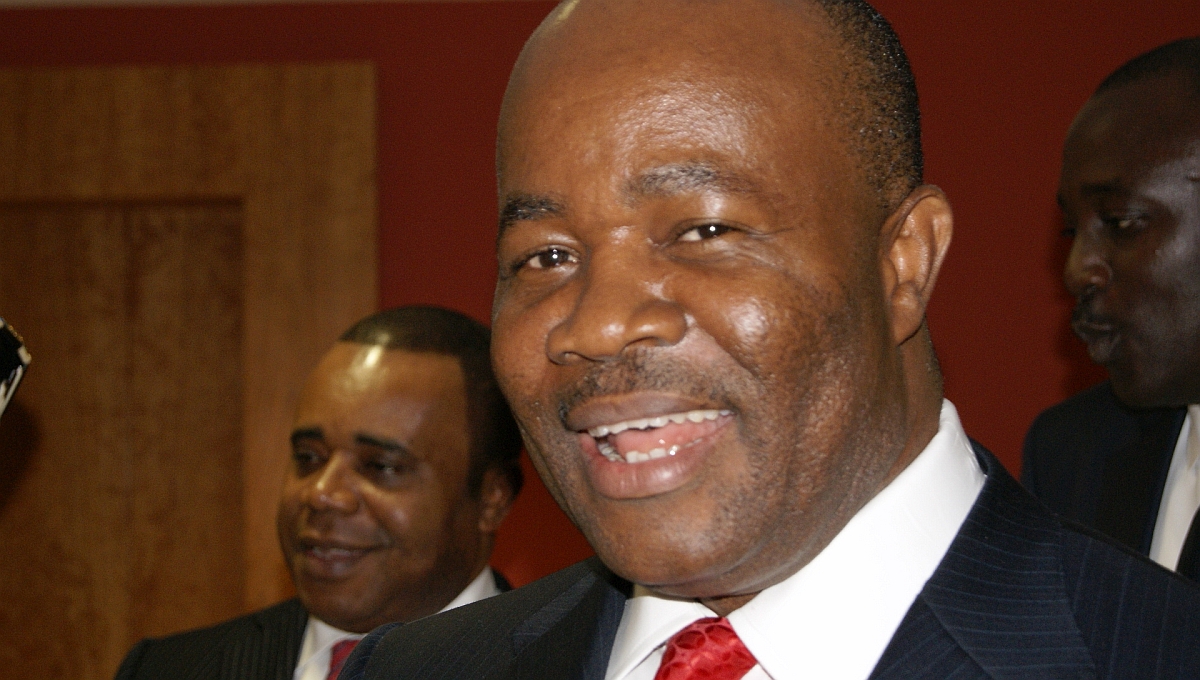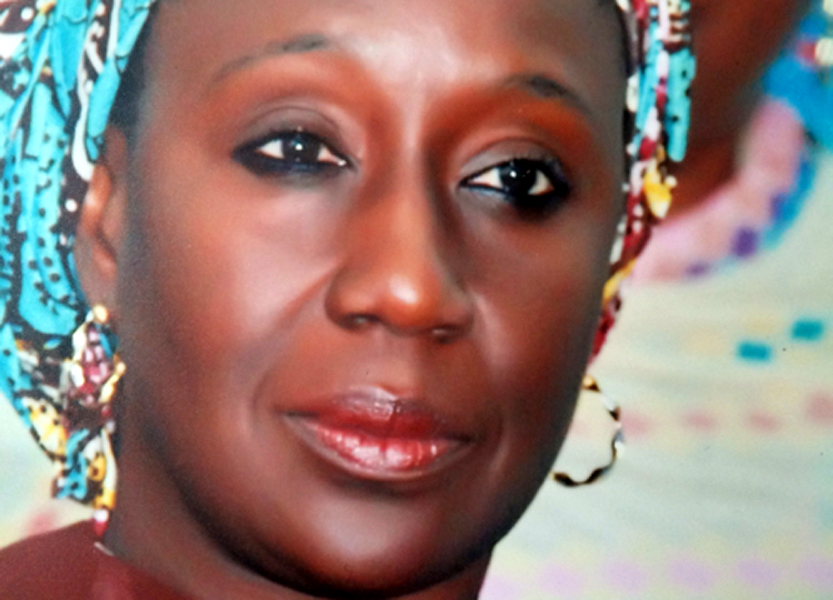Before his sudden departure on October 14, 2015, Bello Asuku Ibrahim, the ‘Ohi of Adavi’, was looking forward to celebrating his 10th year on the throne.
In November 2006, he was crowned the king of Adavi, one of the five districts in Ebiraland of Kogi state. That was two years after he retired as a director at the Independent National Electoral Commission (INEC).
The deceased meant different things to different people: a doting father to his children, a trusted friend to his associates, a lovely husband to his wives, a distinguished academic – he was the first principal of Ebira Muslim Community College – and, of course, a revered monarch.
BRIEF HISTORY OF EBIRA
Ebira is one of the tribes in Kogi but its people are also found in some parts of Nasarawa, Plateau and Edo states.
Advertisement
The word ‘Ebira’ means ‘good behaviour’, when translated literally, with ethics and hospitality as compliments.
According to history, the ancestors of Ebira migrated from Wukari kingdom in Taraba state over a chieftaincy dispute in 1680 AD. Itaazi, the father of Ebira Tao, crossed the River Niger and settled at Ebira Opete in Upake, currently in Ajaokuta local government area.
Itaazi’s sons found five districts namely: Adavi, Ododo, Obaji, Uga and Ochuga/Onotu.
Advertisement
The deceased belonged to Apasi group of clans in Adavi district.
HUMBLE KING
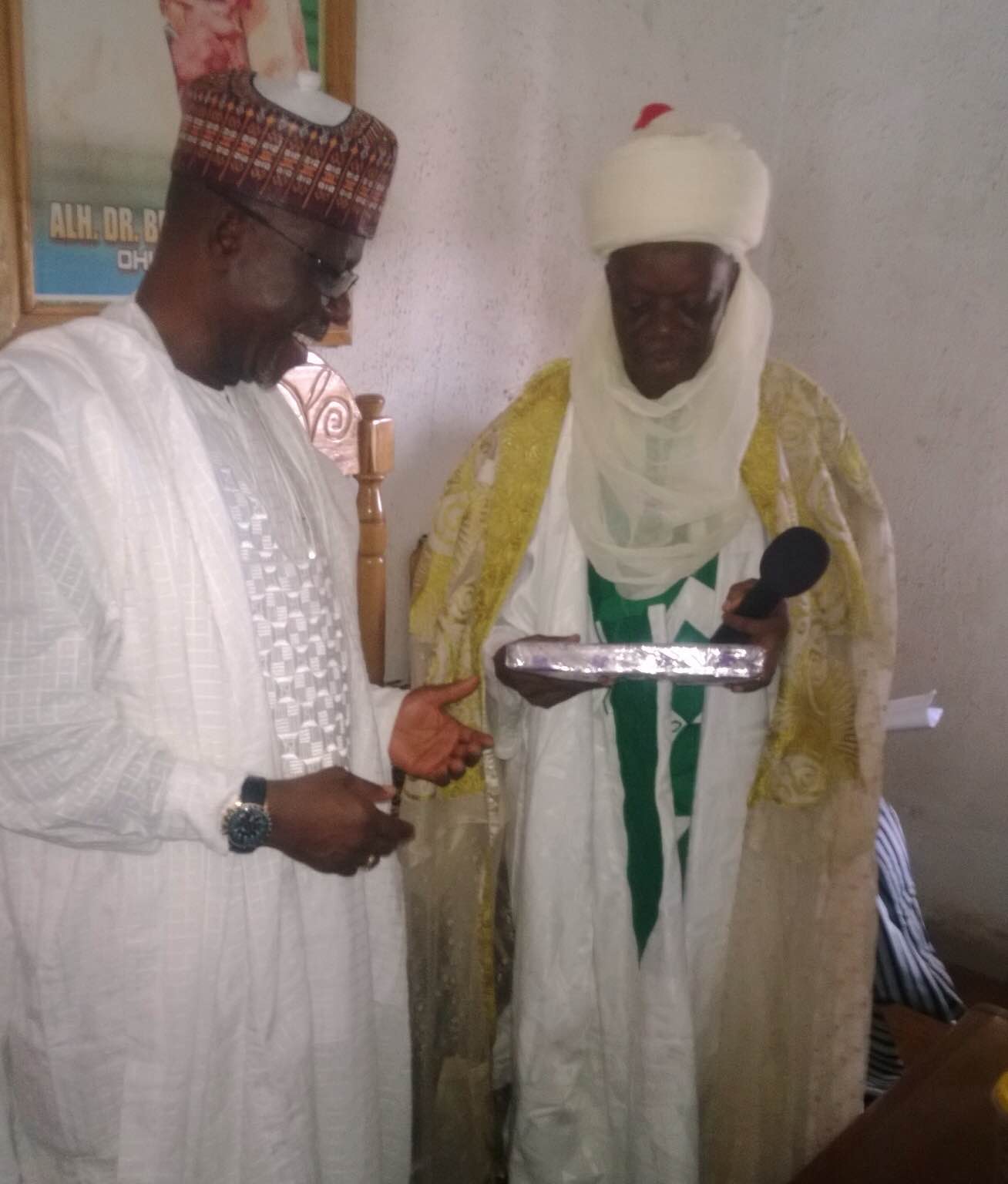
Pomp and pageantry are known to be attributes of royalty but not for the late monarch, who lived a very simple lifestyle.
Abubakar Abdullahi, one of his guards, who is also an official of the Nigeria Security and Civil Defence Corps (NSCDC), attested to the modesty of the deceased.
“Sometimes when he is going out, he tells me not to bother following him,” Abdullahi told TheCable.
Advertisement
“Most times, he opens the door of his car himself. At the mosque where he prays, he doesn’t have a specific location. He prays anywhere, even in the midst of children and he interacts with people yet he was well-respected.”
Ibrahim’s simplicity rubbed off on his offspring. The colleagues of his youngest son only got to know that he is from a royal background when they read the report of the king’s death in the newspaper.
Having spent nearly two years in the same office, none of them knew anything about his background. The son, who does not want his name mentioned, shared his last moments with his late father.
“It’s not been too long that he fell ill. We rushed him to the hospital and he got discharged after his health condition improved,” he said.
Advertisement
“Then late last month he sent for me and I was thinking of how to make time out because I had exhausted my annual leave during the three weeks I spent in Saudi Arabia for the holy pilgrimage. So, I didn’t know how to seek permission to travel but I was lucky that my management consented and I travelled briefly and that happens to be one of the best decisions I have made in my life.
“When I got home, he received me warmly, unknown to me that, that was his own way of bidding me farewell. He held my hands, prayed for me as usual and I shared my experience at the holy land with him. We had a lovely time till I returned to Lagos two days later, not knowing that it would be the last time I would spend with my father.”
Advertisement
Yakubu Yusufu, a prominent traditional ruler in Ebiraland, described the demise of Ibrahim, his childhood friend, as a “big loss to the Ebira community”.
“We have lost an icon; Ebira people have lost an icon. We will find it very difficult to fill his vacuum. Words cannot describe what he meant to my soul because we have been friends since 1952,” he said.
Advertisement
“We spent most of our lives together and by the special grace of God, we were crowned around the same period. I cherish him so much because of his humble nature and respect that he shows to people. He was also very religious. People are fond of praising the dead but this is far from praise. This is just the honest truth about him. It is very difficult to find an academic of his class and a king of his class to be that humble and cool headed.”
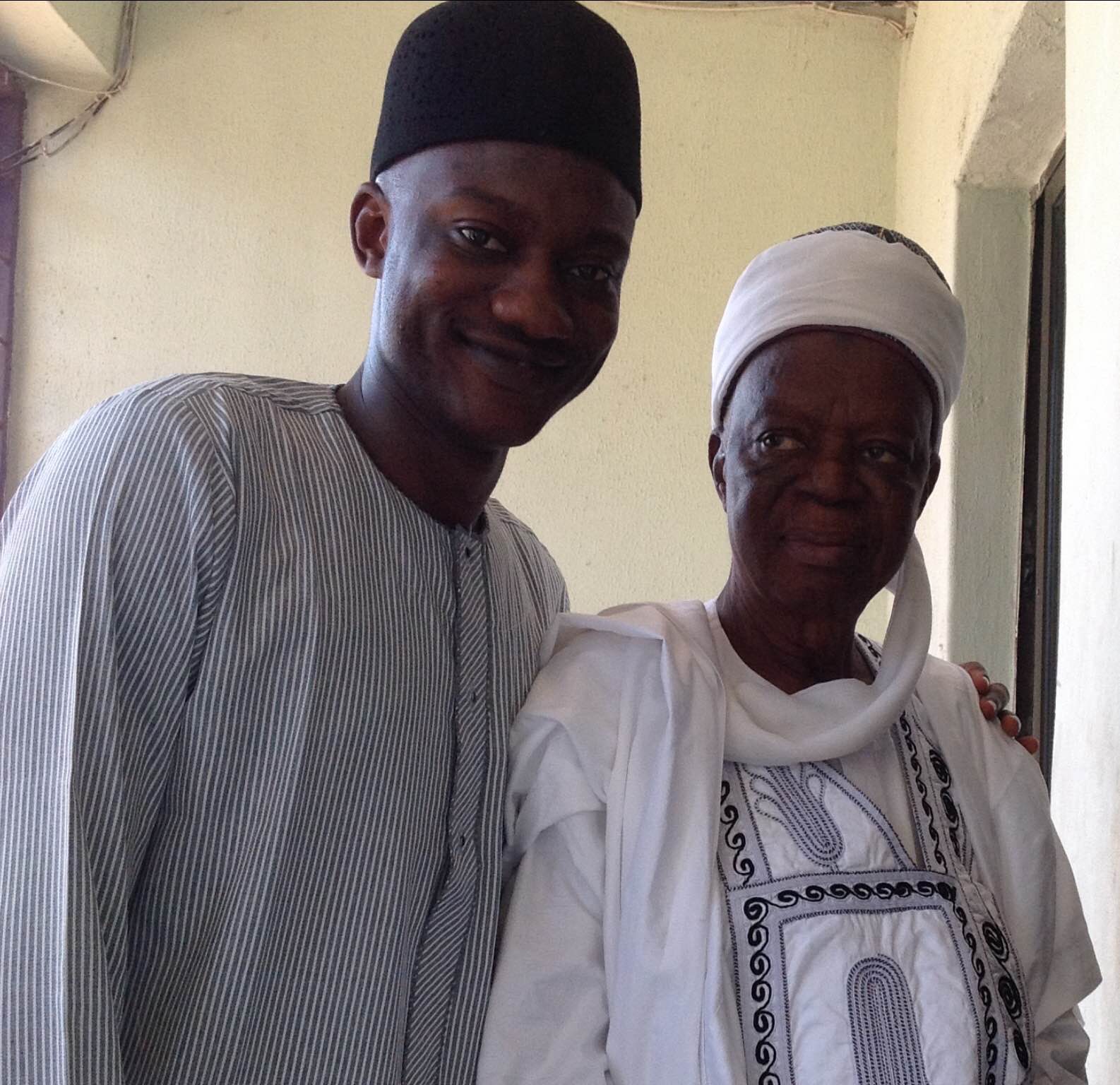
For the eldest son of the late king, the values his father taught him will remain with him forever.
Advertisement
“My dad was fond of telling me that the water meant for my consumption will not overflow me,” he said.
“He says ‘what God has destined to you will come to you. What He has not will not come, no matter how hard you try’. I have kept this with me for years and it guides me in my marital life, relationship with people and in all I do.”
On what he will miss most about his father, he said: “I will miss his advice. I always run to him for advice and now that he is no more, I wonder who will fill the vacuum”.
NO-NONSENSE FATHER AND PRINCIPAL
Ibrahim’s eldest daughter recalled how, as a student, her father once suspended her from school.
“My friends and I were making jest of a colleague and the boy just went to the principal’s office to report,” she said.
“Immediately, he sent for us and asked to hear our own account of the story. My friends were able to defend themselves but I was just lost for words and surprisingly, he placed me on two weeks suspension.
“We were approaching examination period then and I was away from school. That incident remains in my memory till date and it has also helped me in being up and doing in my profession as a nurse.”
For Inda Ali, an academic doctor and childhood friend of the deceased, the late monarch was “a bright star”.
“He was a devout Muslim. He was a missioner and he spoke the truth at all times. He made wondrous achievements in life. He was a father to all. He died a missionary. We are grateful to God for sending such a bright star to us,” he told TheCable.
Born in 1944, Ibrahim attended the then I.N.A Central School, Okene in Kogi state between 1955 and 1960 and later trained as a Grade II teacher at Okene Teachers’ College (OTC) between 1962 and 1966.
In 1967, he enrolled at the Advanced Teachers’ College, Kano where he obtained an NCE preparatory for entry into the University of Nigeria Nsukka (UNN). In 1977, he obtained bachelor’s degree in health and physical education, from UNN.
He had his National Youths Service Corps (NYSC) in Owo, Ondo state, between 1977 and 1978.
He was a teacher during his service year and returned to the classroom afterwards, rising to the position of principal of Ebira Muslim Community College in 1979 and later joined INEC, where he worked for 17 years.
Ibrahim obtained a Master’s degree from the University of Ilorin (UNILORIN) in 1987 and a PhD from the same institution in 2000.
He is survived by two wives and 14 children.

